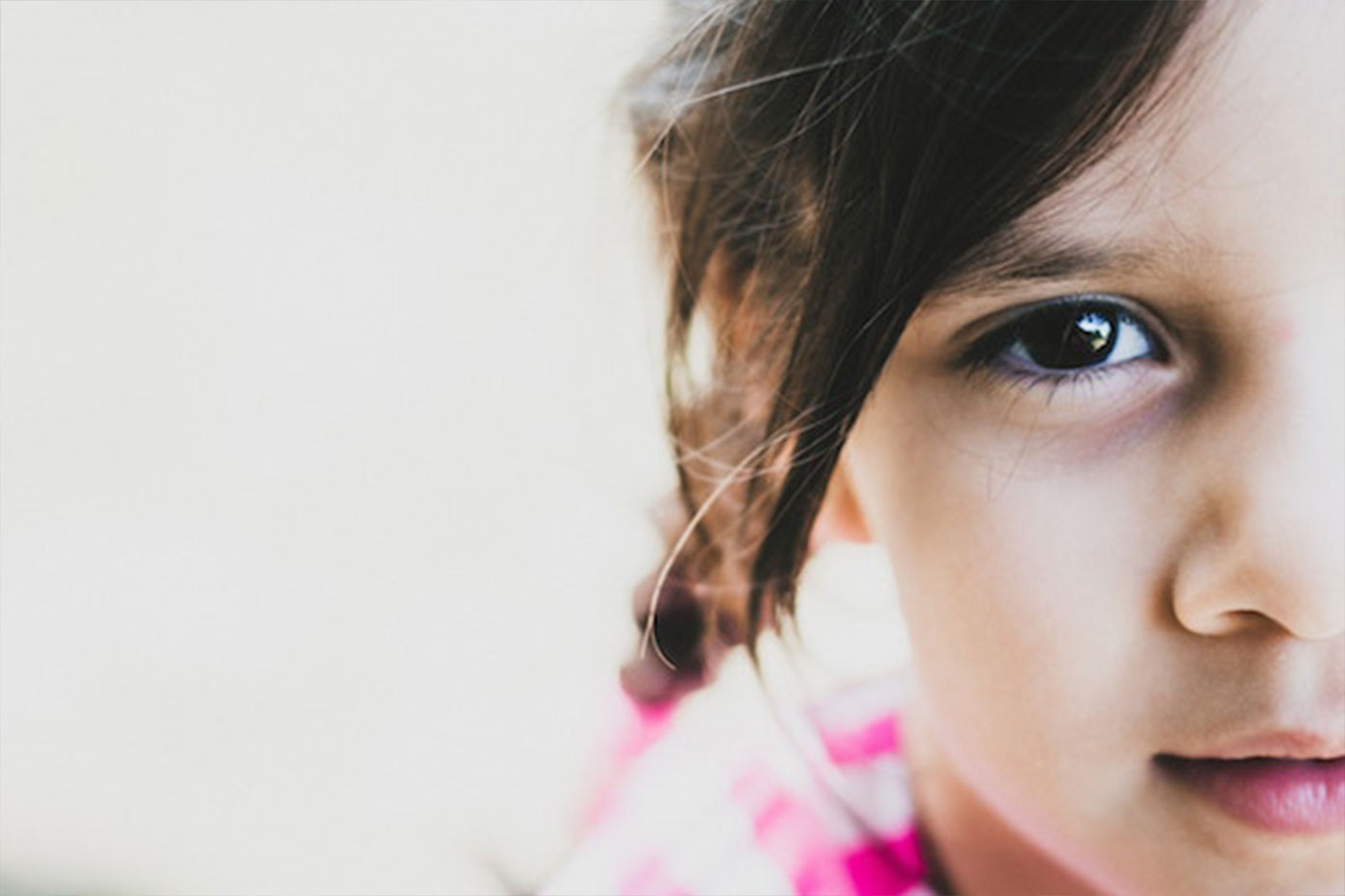How to Care for Your Child After Sexual Abuse
So you’ve called the local reporting agency in your area and reported the child sexual abuse, one of the biggest steps you can take. Now, what should you do to take care of your child?
Get your child into therapy as soon as possible.
If you do not have health insurance or your health insurance won’t pay for therapy, most states have a crime victims fund that will help pay. There may be some limitations to this, such as needing to find a therapist who is approved for crime victims work, or the fund only paying for so much therapy. I have seen the crime victims fund also pay for a medical exam, therapy for the child, mileage to and from the therapist, medication, and possible counseling for parents. Talk to your local crime victims advocate to find out what they can do for your child and for you.
Find a therapist who has been trained in trauma-focused therapy and is trauma-sensitive.
If your child is younger, try to find a therapist trained in a sand tray and/or play therapy that deals with trauma. Many times, children tell their story through their play and share details they can’t or don’t know how to verbalize. It is okay for you to meet with the therapist to see if they are a good fit for you, but especially for your child. Watch how your child responds to the therapist. Does the therapist get down on their level? Are they condescending to the child? Are they warm and nurturing? Trust your gut on this.
It is very important that your child is believed and supported.
I have seen the damage done when parents don’t believe their child, minimize what happened, blame the child in any way, or try to brush it under the rug as if the abuse did not happen or wasn’t that bad. Remember whether the abuse happened once or several times, it is trauma. Being there for your child in every way can help to minimize the long-term effects of the abuse. Your child’s trust with another person was broken. You can help the child to see that you can be trusted and that not all adults are untrustworthy. Also, make sure you are clear with your child that the abuse was not their fault. Allow your child to talk when they need to, but don’t ask a lot of questions. Don’t try to solve the child’s problems for them. You can offer choices or suggestions, but in the end, your child will become more empowered by making their own decisions.
Your child may experience triggers at any moment.
A trigger is something that reminds a person of the trauma they experienced. This could be a place, person, smell, time of day, or many other things. Most likely you may be aware of some of them but not all. When a child experiences a trigger, they may feel like they are back in the moment when the trauma occurred and feel the exact way they did (i.e. scared, helpless, trapped). Work with your child’s therapist on techniques to help, such as deep breathing or getting a favorite blanket or stuffed animal. Your child needs to feel safe and supported by you regardless of how you feel or what you believe at the moment.
Your reaction and what you do after the abuse are key in helping your child heal. Use the resources available to you to help in the process and take care of yourself as well. Your child needs to interact with a parent or loved one that is healthy and trustworthy. Try to maintain a consistent schedule, routine, and household. This can help your child feel safe and secure and be less anxious about what could happen. Love your child unconditionally and be present for them. Understand that healing takes time and there is no specific time frame in the healing process.
Share this Post
